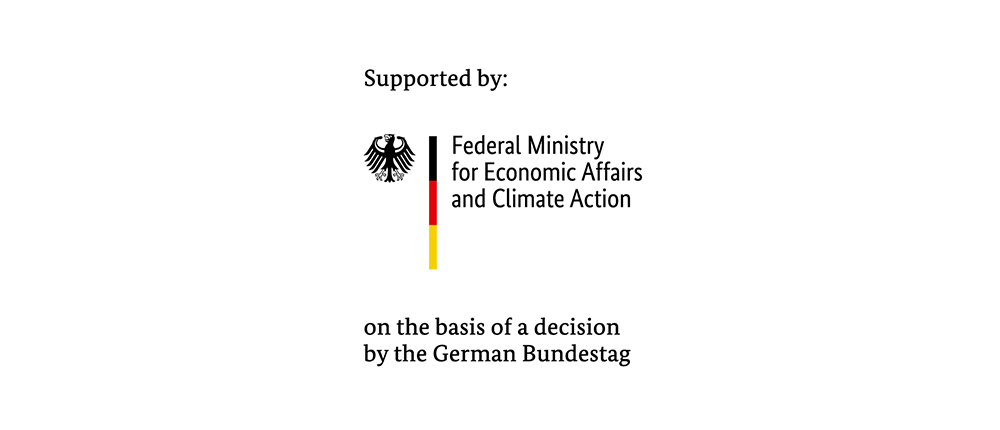Smart train maintenance with 5G

Privacy warning
With the click on the play button an external video from www.youtube.com is loaded and started. Your data is possible transferred and stored to third party. Do not start the video if you disagree. Find more about the youtube privacy statement under the following link: https://policies.google.com/privacyIn the 5G Industrial Laboratory Bischheim (5G ILABB), use cases in the maintenance, monitoring and quality control of trains are optimized with the help of 5G. The working environment in such production facilities is complex because the architecture of these buildings causes electromagnetic barriers. Technologies used so far, such as WLAN and LPWAN are not sufficient. The deployment of 5G campus networks offers a promising solution to these challenges, enabling the use of a single telecommunication technology that meets the requirements of industrial maintenance.
In order to improve quality management and related processes at the Bischheim industrial center, ground drones will be used, among other things, to move rail cars and power cars, which will be monitored and automated on the 5G network. For this specific use case, an evaluation of the localization functions is carried out while the network design is analyzed and refined with regard to different accuracy specifications.
Fraunhofer IIS is contributing its extensive expertise in 5G localization in industrial environments. In addition, the 5G mobile campus network developed by IIS comes into play. The project aims to define an optimized scenario for 5G campus networks, demonstrate their potential for quality management of train maintenance processes, and investigate possibilities for extension in other industrial contexts.
Project consortium
Fraunhofer IIS shares the leadership of this project with the French railroad company SNCF.
Funding
This project is funded by the German Federal Ministry for Economic Affairs and Climate Action.

